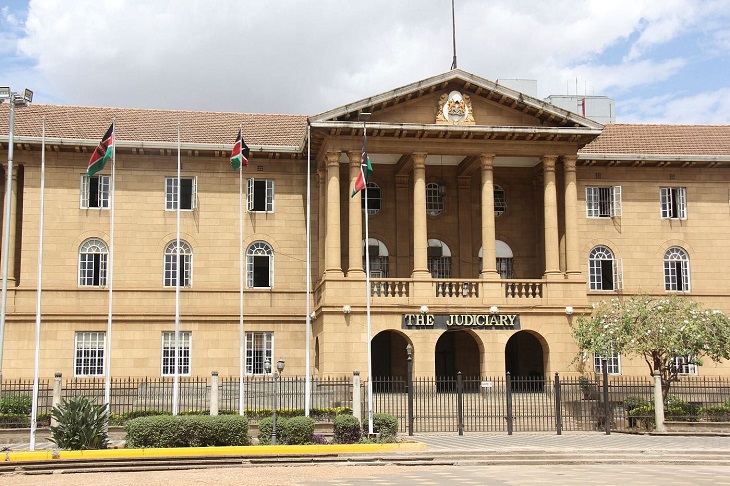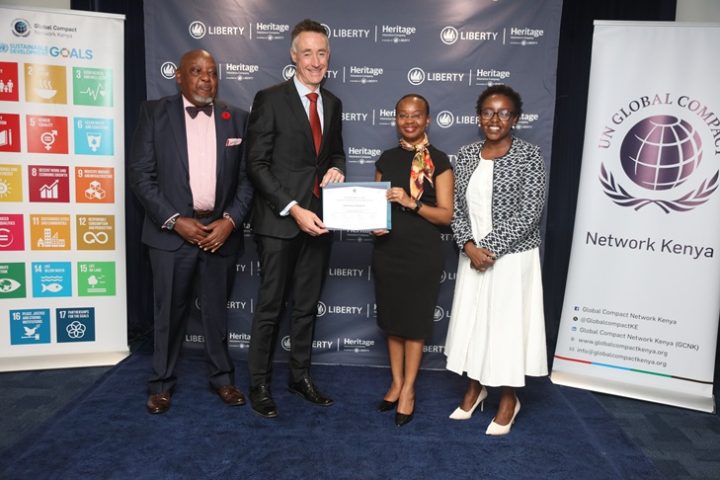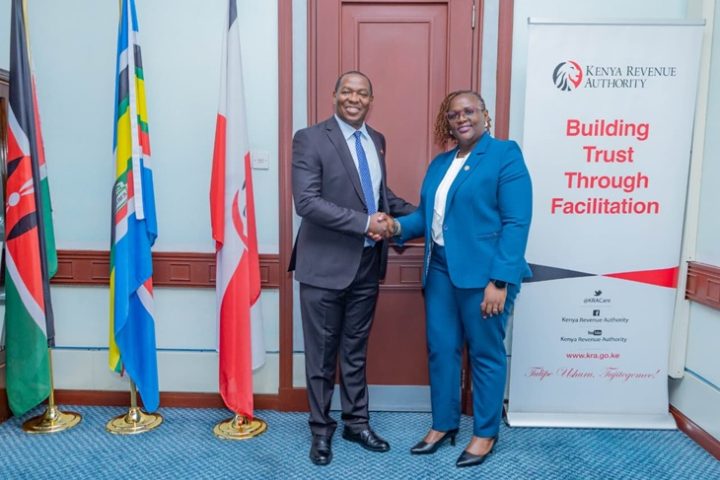The Kenyan business landscape has become one of the most unforgiving terrains for entrepreneurs and investors. Despite the rise of innovative startups and regional giants, the rate at which businesses are collapsing is not just alarming—it’s catastrophic. At the heart of it lies a dangerous rigidity in how our laws treat businesses facing financial distress.
The ongoing standoff between Equity Bank and TransCentury PLC is not just a dispute between a lender and a borrower—it is a reflection of a broken ecosystem where the law functions less as a guide to revival and more as a hammer of liquidation. At stake are not just assets and balance sheets, but the livelihoods of over 1,500 direct employees and more than 10,000 individuals who rely on these brands indirectly.
Equity Bank, led by the formidable Dr. James Mwangi, has every right to demand its dues. TransCentury, on the other hand, must honor its obligations. But the pathway to resolving this conflict must not leave a trail of shattered jobs, liquidated factories, and dreams reduced to court files. It must create room for turnaround strategies, corporate healing, and structured dialogue.
Kenya’s Insolvency Act of 2015 was meant to address these issues, but its implementation has leaned heavily toward receiverships and liquidations. Business rescue mechanisms such as Administration and Company Voluntary Arrangements (CVA) remain underutilized, misunderstood, or caught in procedural quicksand.
When creditors rush to recover debts without a framework that also preserves value and jobs, the entire economy suffers. We saw it with Nakumatt, Uchumi, Tuskys, Akamba Bus, Keroche Breweries, Mumias Sugar, Imperial Bank, Pan Paper, and Posta. These are not just corporate names—they were ecosystems of employment, innovation, and social mobility. In just a decade, Kenya has lost an estimated 5 million direct jobs and over 15 million indirect opportunities due to poorly managed corporate disputes.
Yet it doesn’t have to be this way.

The Graphs Show The Rate Of Failure Of Businesses in Kenya In The Last Decade.
In the case of TransCentury and East African Cables, there exists a viable solution: Company Voluntary Arrangement (CVA). This model, which has saved hundreds of companies across the UK, South Africa, and the US, allows a company in distress to negotiate repayment terms with creditors while continuing operations. It acknowledges the rights of creditors while preserving the value of the enterprise and the dignity of its employees.
Dr. James Mwangi, one of Africa’s most respected banking executives, now stands at a historic intersection. He has the rare opportunity to influence not just the outcome of a financial dispute but also to set the tone for future lender-borrower engagements in Kenya. His entrepreneurial foresight, backed by a deep understanding of capital, risk, and value creation, is precisely what this moment demands.
If Kenya is to industrialize, scale up local manufacturing, and become an attractive destination for FDI, we must stop weaponizing liquidation. We must evolve from being undertakers of struggling businesses to becoming architects of corporate recovery. This is the future of ethical, modern finance.
Equity Bank, with its scale and credibility, can lead this transition by embracing business rescue over business burial. This is not just about philanthropy or CSR—it’s about creating more valuable, long-term customer relationships, protecting its loan book, and strengthening the economy it thrives in.
Let us remember: every time we liquidate a company, we do not just erase an entity from the registry—we destabilize supply chains, impoverish families, and sink investor confidence deeper. We close the door on future possibilities.
Parliament, the Judiciary, the Capital Markets Authority, the Central Bank of Kenya, the Treasury, and the NSE must be challenged to take a bold step forward. We need fast-track frameworks for restructuring, stronger mediation platforms for corporate disputes, and a robust education campaign to demystify insolvency alternatives. We must empower entrepreneurs to fail without being crushed and to rise again without shame.
The law must cease to be a blunt instrument of retribution and become a scalpel of recovery. A progressive nation does not punish ambition—it refines it.
Our current laws around Receivership, Liquidation, and Bankruptcy prioritize the creditors’ pain over the economic potential of businesses. That imbalance is hurting us all. Yes, banks must protect shareholder value, but long-term value is not just about recovery. It’s about reinvention, revival, and resilience.
The government must incentivize banks and institutional creditors to pursue CVAs and restructuring deals. These reforms are not optional—they are existential. Without them, the ghosts of TransCentury, like those of Nakumatt and Mumias, will continue to haunt our economy.
To Dr. Mwangi, this is your Rubicon moment. The legacy of a CEO is not only in profits recorded or branches opened, but in the values institutionalized. If you walk this tightrope successfully, you won’t just save a company. You will redefine the future of business in Kenya.
Because in the final analysis, a rising tide lifts all boats. And if our laws and institutions learn to prioritize jobs and economic continuity over litigation wins, then we all win.
Let this be the turning point.
Related Content: High Court Dismisses Equity Bank’s Application On TransCentury With Costs











